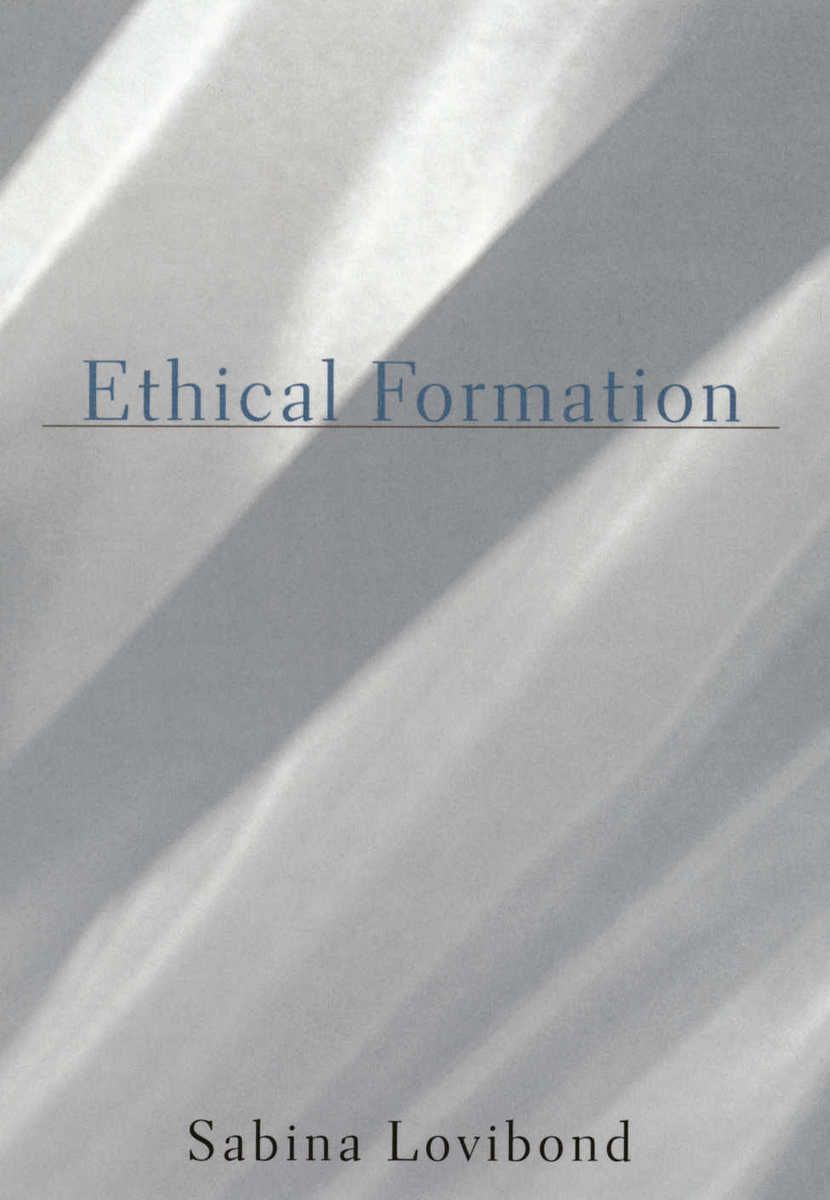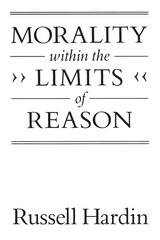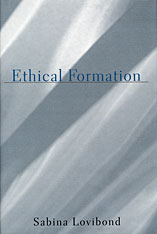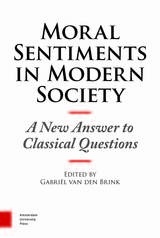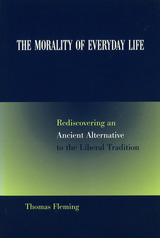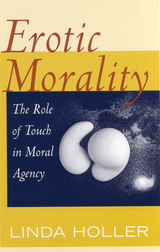Cloth: 978-0-674-00650-8 | Paper: 978-0-674-01365-0 | eISBN: 978-0-674-27489-1 (ePub) | eISBN: 978-0-674-04034-2 (PDF)
Library of Congress Classification BJ1012.L677 2002
Dewey Decimal Classification 171.2
Sabina Lovibond invites her readers to see how the "practical reason view of ethics" can survive challenges from within philosophy and from the antirationalist postmodern critique of reason.
She elaborates and defends a modern practical-reason view of ethics by focusing on virtue or ideal states of character that involve sensitivity to the objective reasons circumstances bring into play. At the heart of her argument is the Aristotelian idea of the formation of character through upbringing; these ancient ideas can be made contemporary if one understands them in a naturalized way. She then explores the implications that arise from the naturalization of the classical view, weaving into her theory ideas of Jacques Derrida and J. L. Austin. The book also discusses two modes of resistance to an existing ethical culture--one committed to the critical employment of shared norms of rationality, the other aspiring to a more radical attitude, grounded in hostility to the "universal." Lovibond tries to determine what may be correct in this second, admittedly paradoxical, tendency.
This is a timely and valuable effort to connect the most advanced forms of thinking in the analytic tradition and in the Continental tradition, and to extend our understanding of the intimacies and resistances between these two prominent strands of contemporary philosophy.
See other books on: Ethics | Ethics & Moral Philosophy | Moral development | Philosophy
See other titles from Harvard University Press
